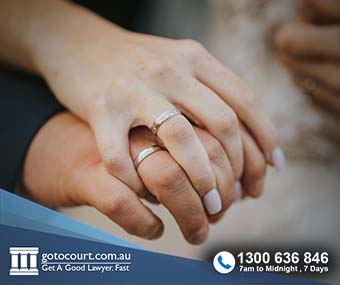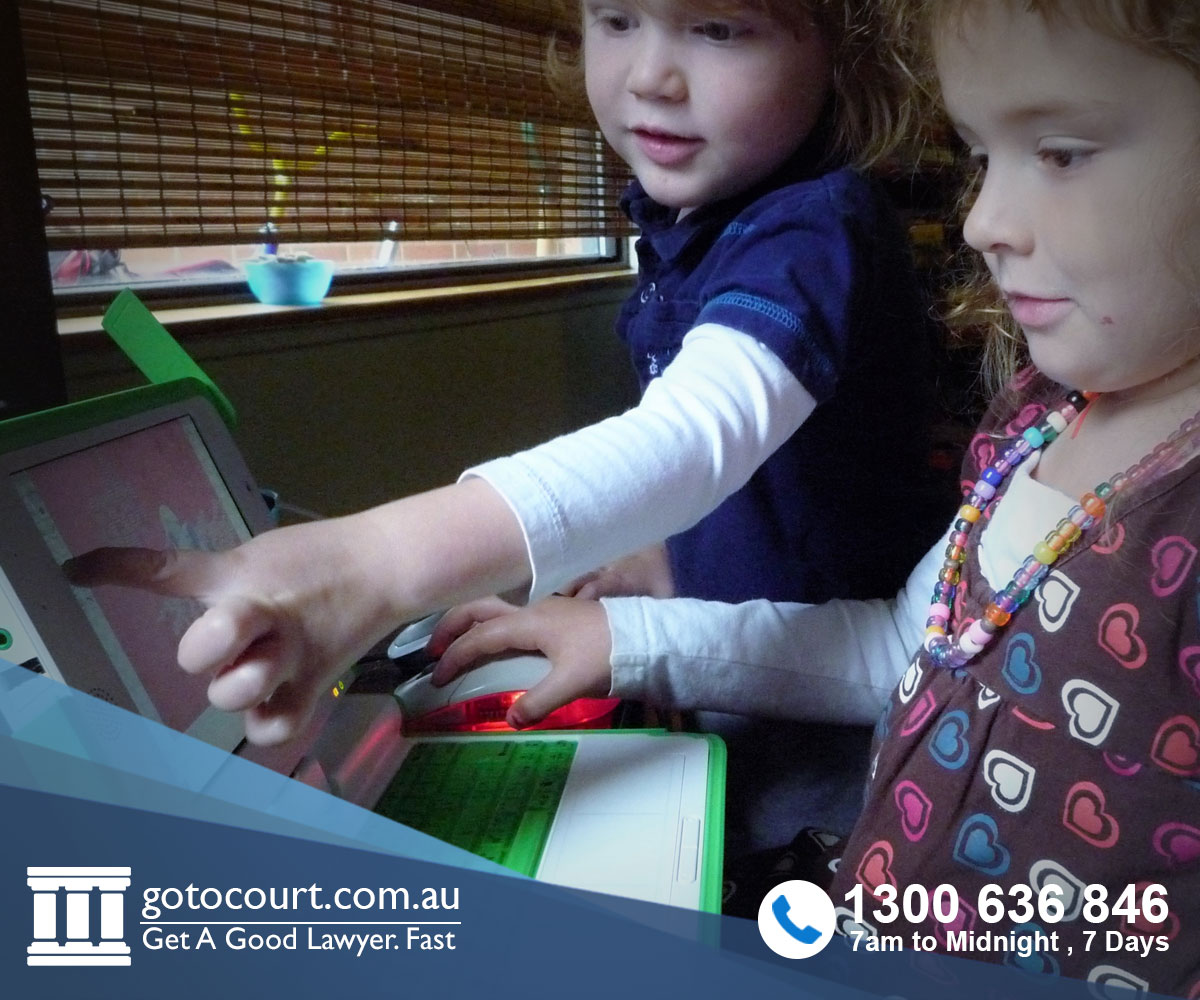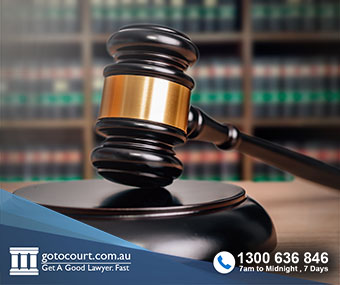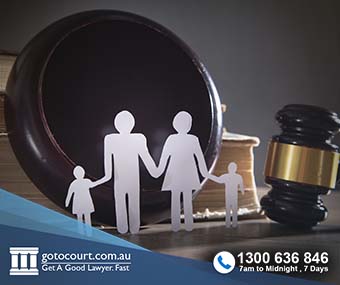Cross-Examination of Survivors By Family Violence Perpetrators
The cross-examination of survivors by perpetrators of family violence will soon be banned in family law proceedings. The ban, which comes into effect in September 2019, will apply in certain circumstances where allegations of family violence have been raised.
The ban was introduced with the passing of the Family Law Amendment (Family Violence and Cross-examination of Parties) Act 2018. Its purpose is to avoid direct cross-examination of survivors by perpetrators of family violence, which can further traumatise victims.
According to a report published by the Australian Institute of Family Studies in June 2018, 173 family violence survivors were cross-examined by their abusers in family law matters over the course of a two-year period. This figure does not include the survivors that chose to settle their matter prior to going to trial purely in order to avoid cross examination by the perpetrator.
When does the ban on cross-examination of survivors apply?
Section 102NA of the Family Law Act 1975 outlines that in proceedings under that Act, a party must not cross-examine a witness if there is an allegation of family violence between the examining party and the witness party and any of the following apply:
- Either party has been convicted of or is charged with an offence involving violence, or a threat of violence to the other party;
- A final family violence order applies to both parties; or
- An injunction under Section 68B or 114 of the Family Law Act 1975 for the personal protection of either party is directed against the other party.
The ban is a mandatory ban which must be applied by the court.
It is important to note that the automatic ban does not apply where an interim family violence restraining order is made. However, the court may impose the ban on its own initiative or on the application of a witness party, examining party or the independent children’s lawyer.
When does the ban not apply?
The passing of the Family Law Amendment (Family Violence and Cross-examination of Parties) Act 2018 amends the Family Law Act 1975 only. The cross-examination of survivors by perpetrators is banned only in family law proceedings.
In Western Australia, the ban does not apply to family law matters involving parties in a de facto relationship as the change does not yet affect proceedings under the Family Court Act. It has been identified that the WA Attorney General intends to apply the amendments to the Family Court Act. However at this time, it is not clear what the timeline for these amendments may be.
What if the ban does not apply?
Where there are allegations of family violence but the circumstances do not give rise to an automatic ban and the court does not apply its discretionary ban, the court must put in place other appropriate protections to ensure the safety of the parties. For example, the court may make a direction under subsection 102C(1) of the Family Law Act 1975 that the cross‑examination be conducted by video link or audio link.
What does this mean in practice?
When the ban is to apply, either automatically or by the discretion of the court, cross examination of survivors of alleged family violence must be conducted by a legal representative. In the event the party does not wish to appoint a legal representative, cross-examination of the witness will not occur.
When a matter is brought before the court, the court will identify in the early stages whether the ban applies and make the appropriate orders. Parties will be directed by the Judge or Magistrate to obtain representation or forgo cross-examination of the family violence survivor in the final hearing and/or trial. If the matter has already commenced prior to the implementation of the ban, then the court may make an order or direction prior to or at the Readiness Hearing.
Commonwealth Family Violence and Cross -examination of Parties Scheme
It is important to note that in most circumstances, it is beneficial for a family law matter to be resolved by family dispute resolution or through negotiations prior to trial. If a matter does not resolve, parties will either need to hire private lawyers or apply to Legal Aid for representation.
The Commonwealth Family Violence and Cross -examination of Parties Scheme has been established to ensure legal representation is available to parties in any hearing where cross-examination of survivors is required. The initiative is a pilot program for three years and the Commonwealth government has awarded funding commencing 1 July 2019. The legislation will be reviewed on the second anniversary to determine if amendments are required.
Conditions apply to legal representation under the scheme and ongoing representation is not guaranteed.
If you are a survivor or perpetrator of family violence it is important to seek legal advice in the early stages of your family law matter to ensure you know whether the ban applies and to obtain representation in the matter.
If you require legal advice or representation in a family law matter or in any other legal matter, please contact Go To Court Lawyers.








